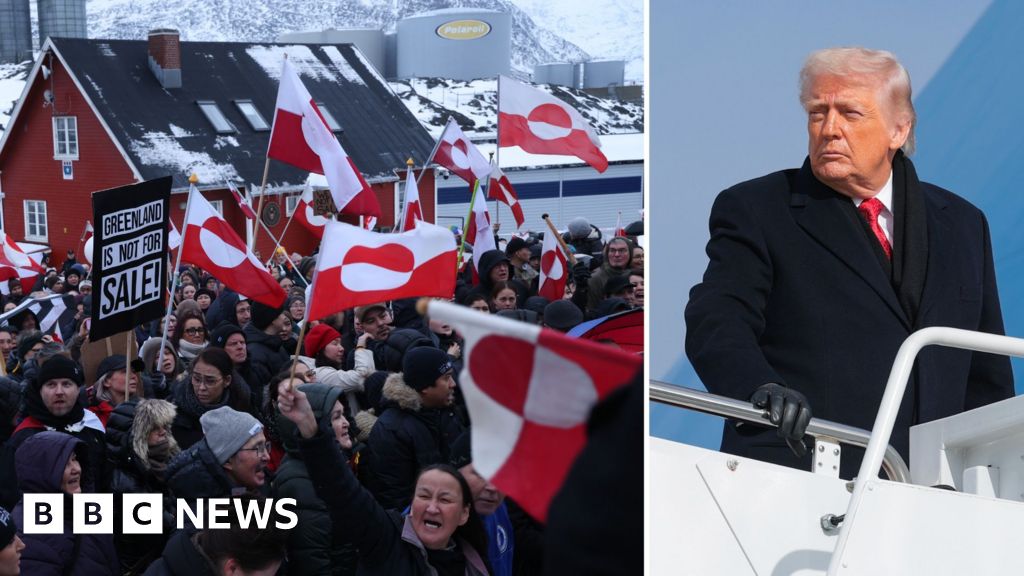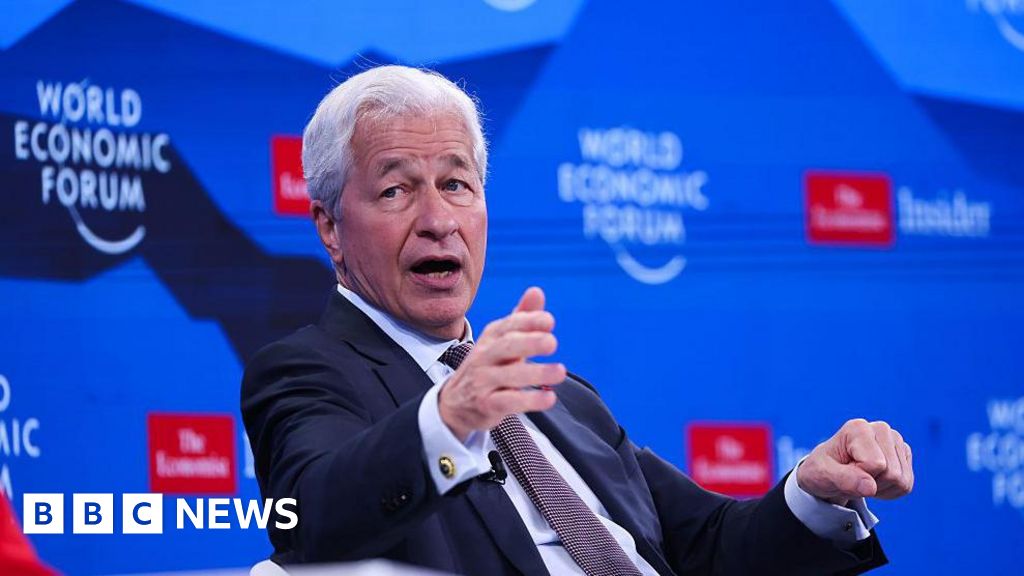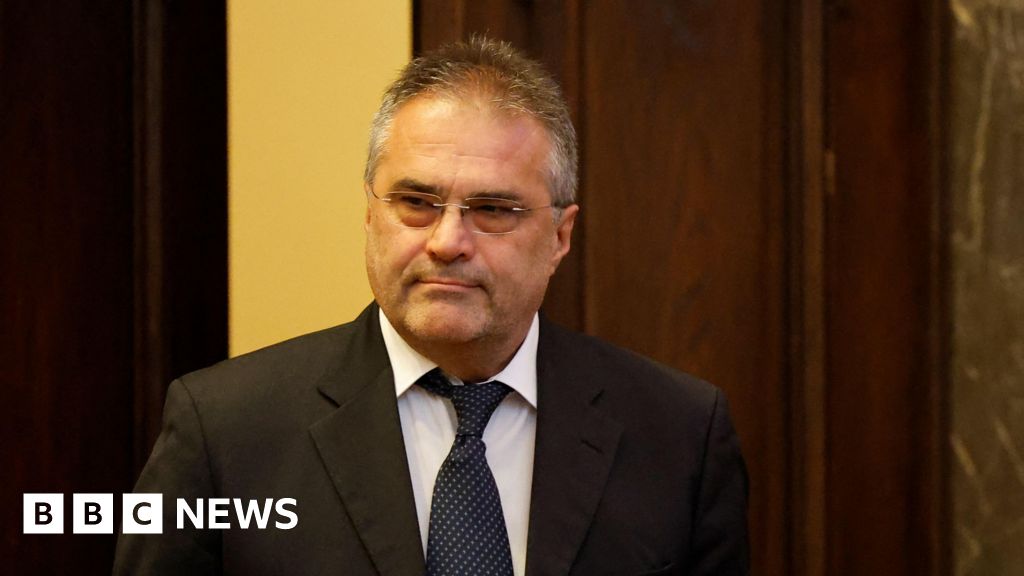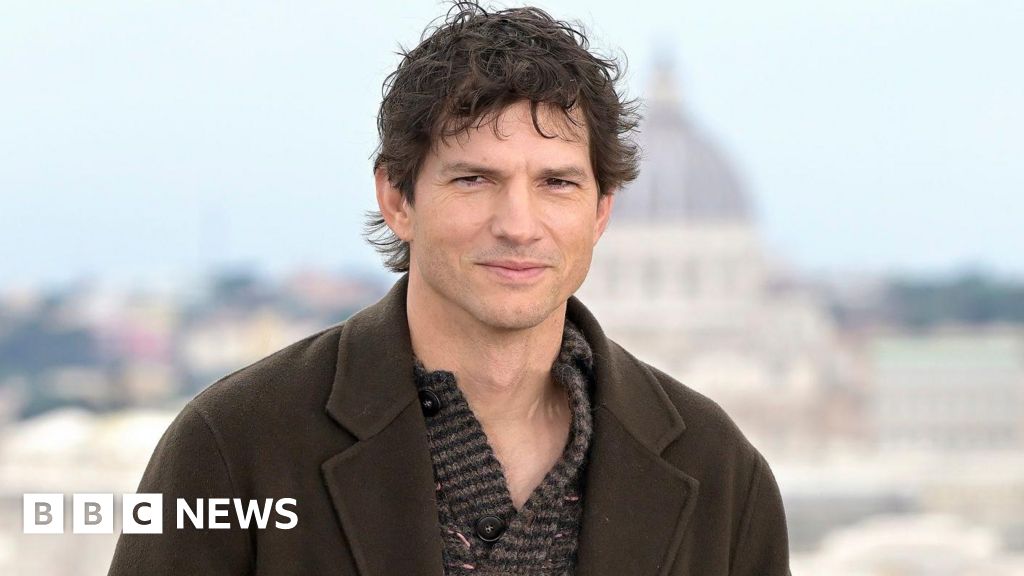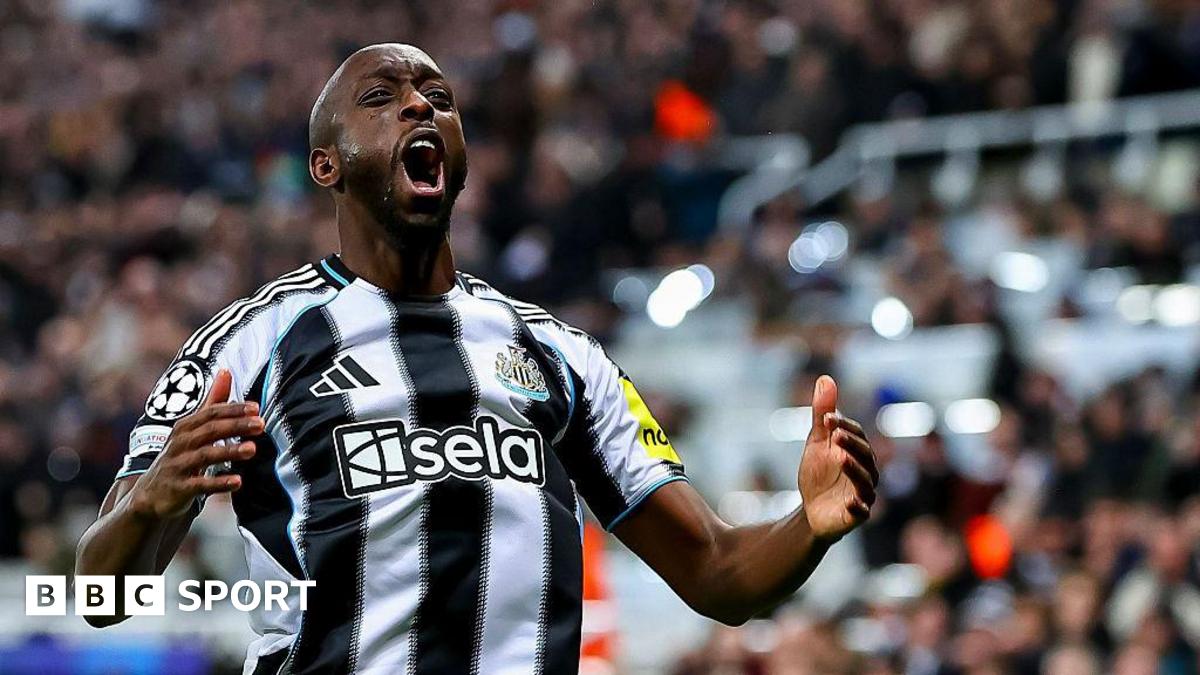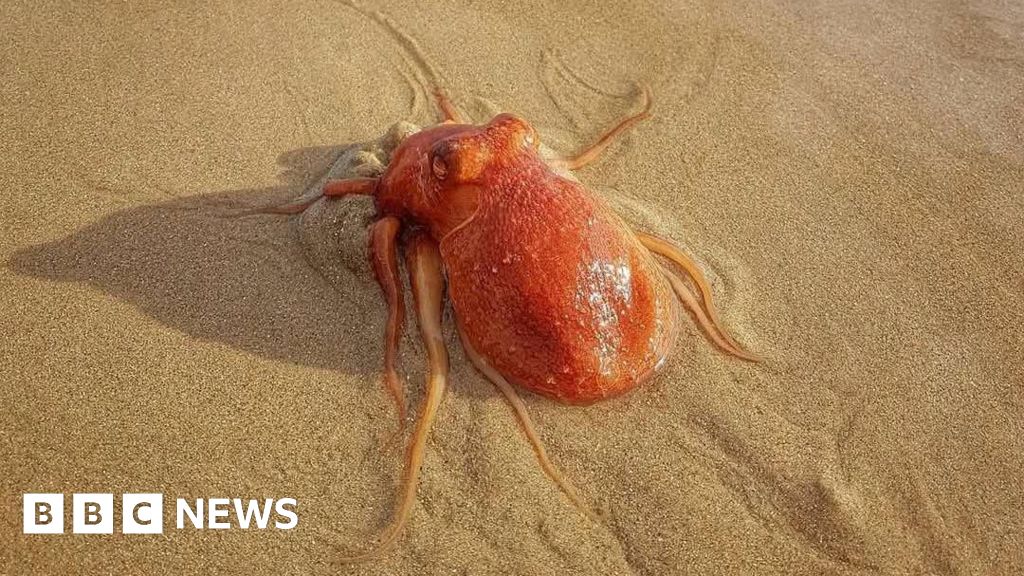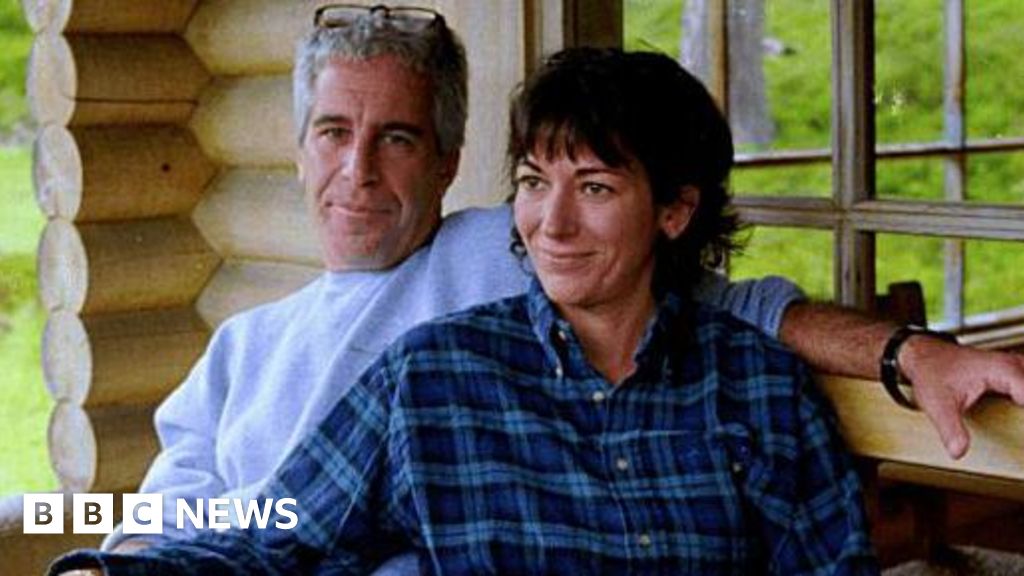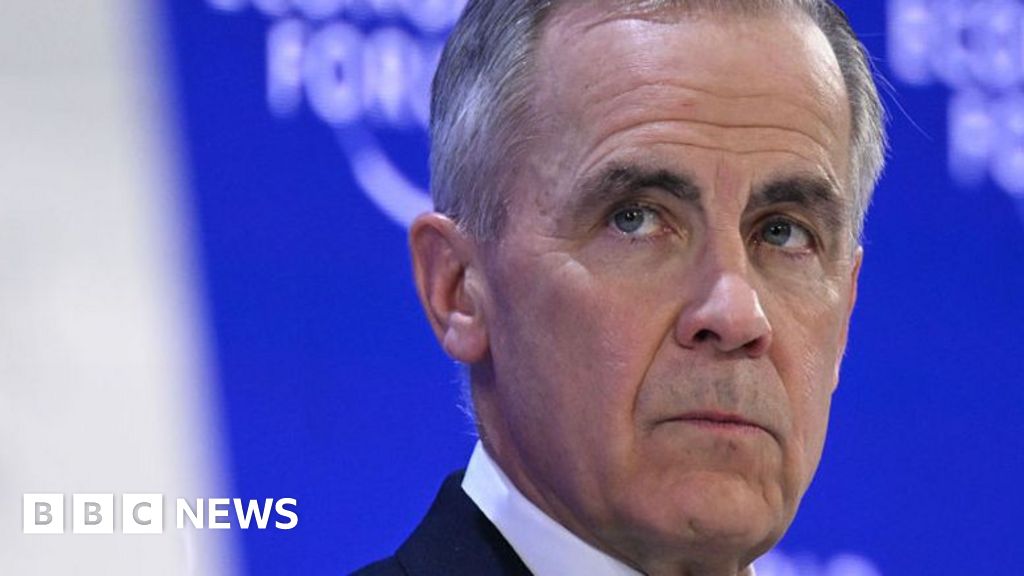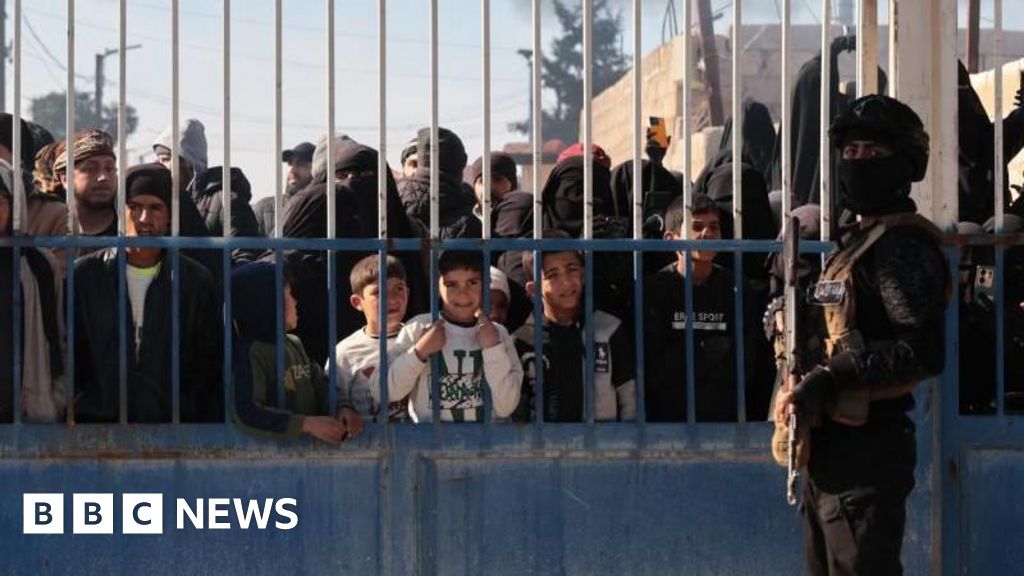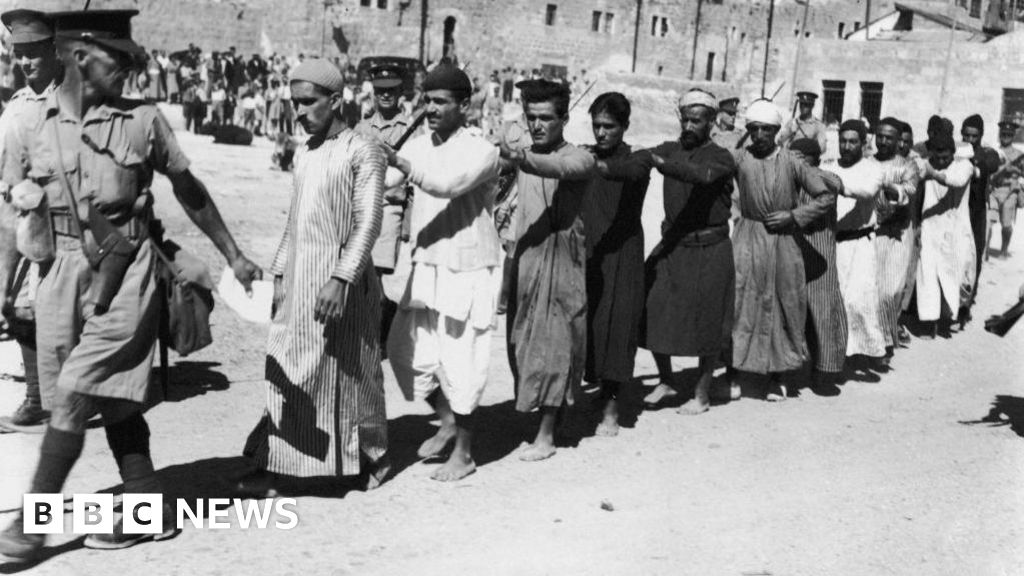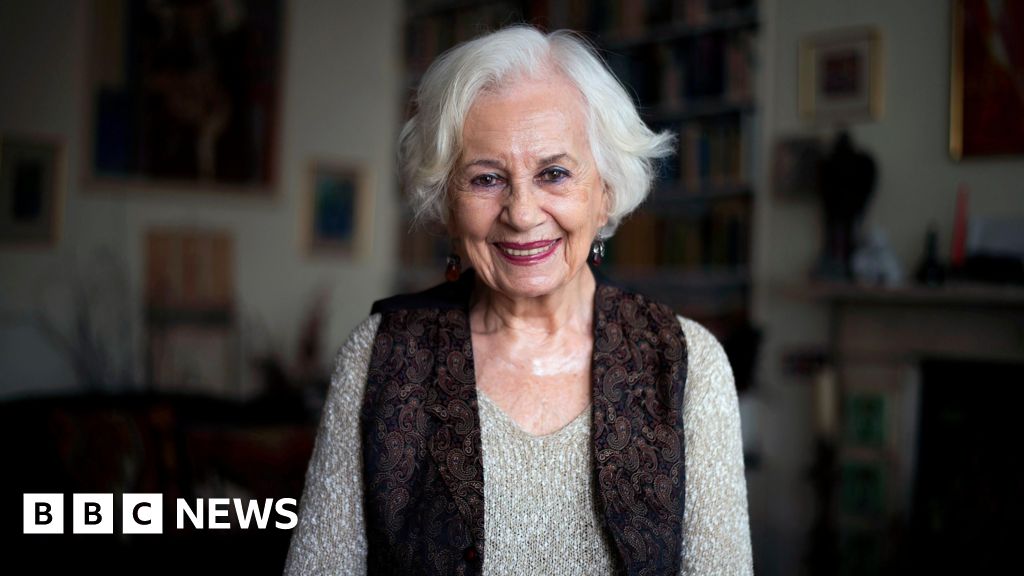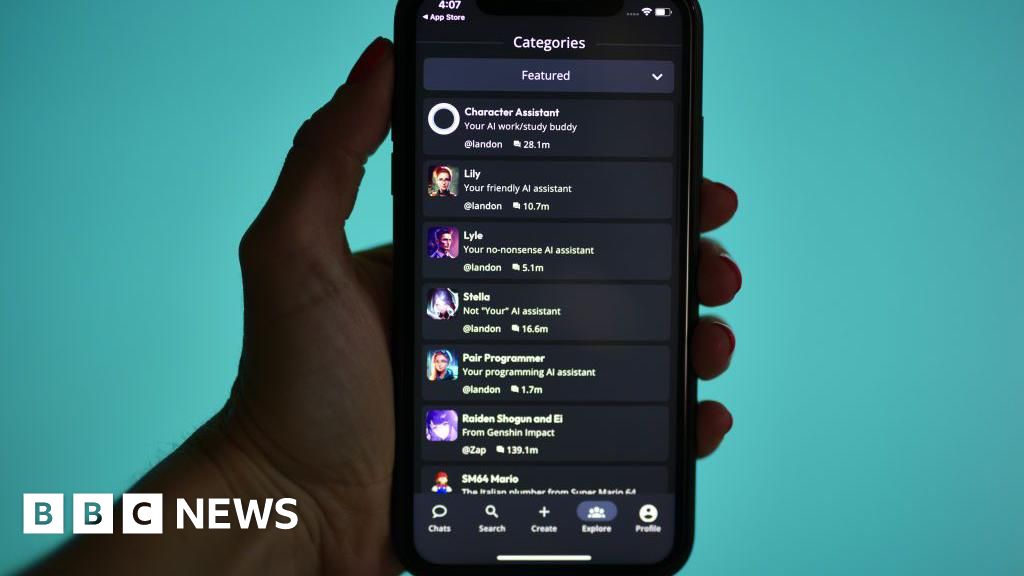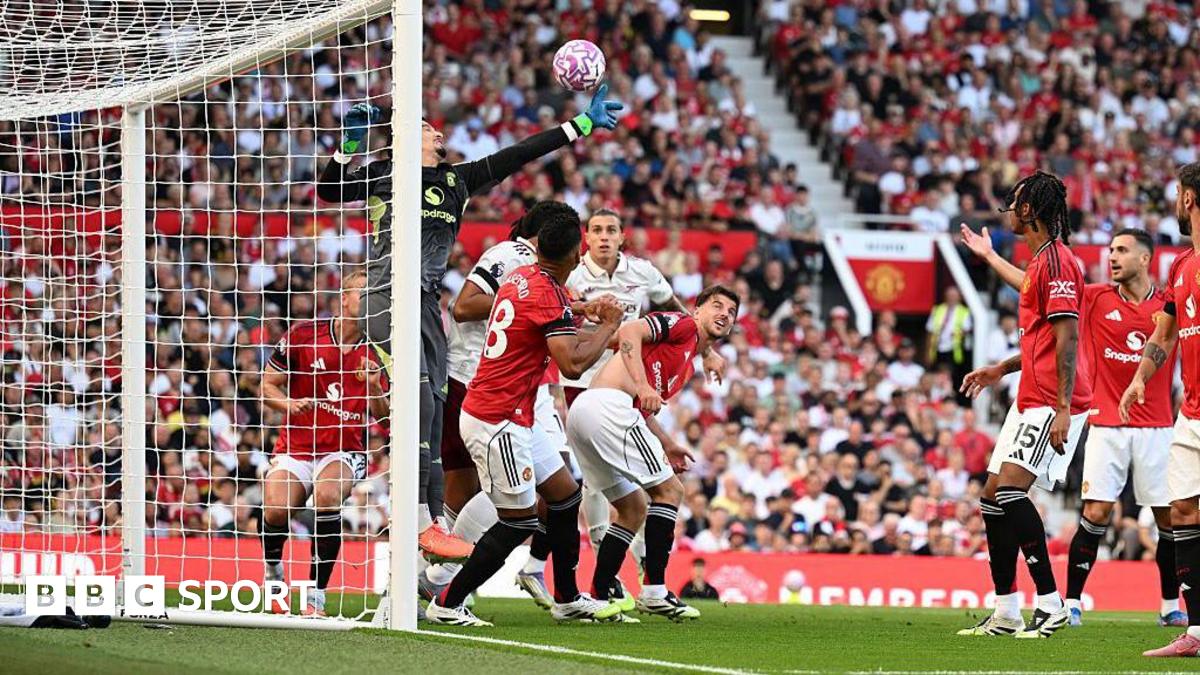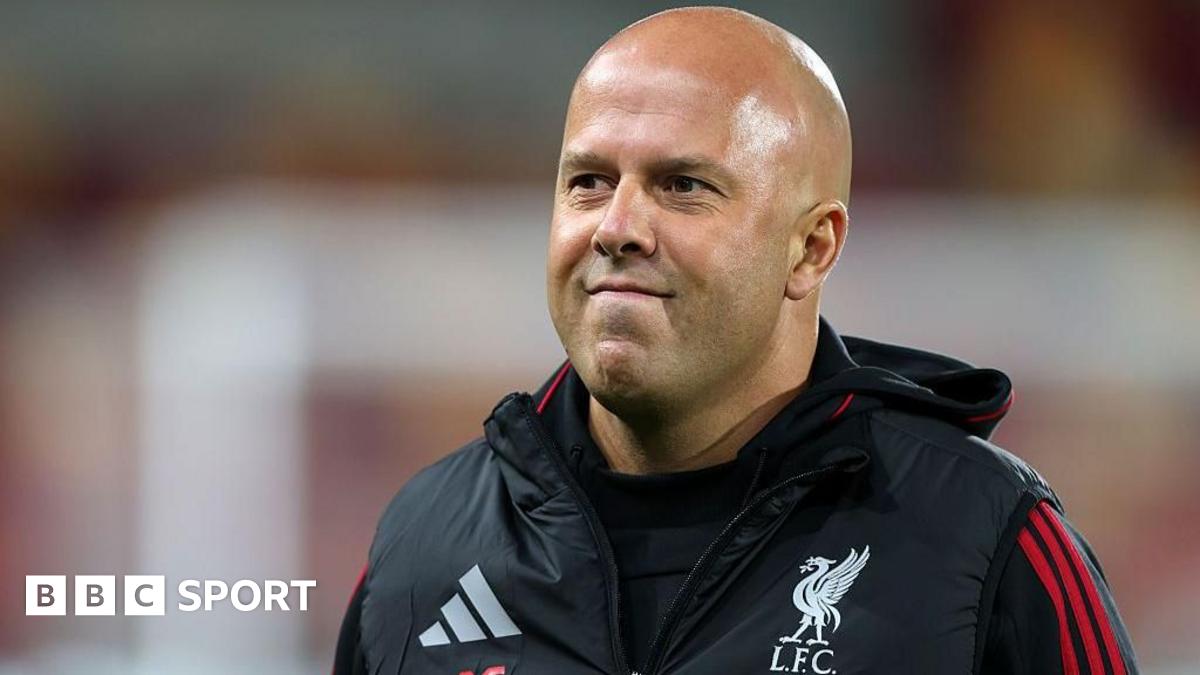Scotland strike late to beat Greece in frantic finish
By
BBC Scotland's chief sports writer at Hampden
In the worlds of physics and astronomy, biology and mathematics, technology and medicine, there are myriad topics that are fiendishly difficult to explain.
The meaning of life, the laws of general relativity, quantum mechanics, Fermat's last theorem. Head-scratchers all.
Here's another one - and without question it's the biggest head-wrecker of the lot. Arguably the most confusing conundrum Hampden has ever thrown up. Arguably.
After getting outclassed for an hour and trailing 1-0 when by rights it should have been two or three, how did Scotland win this monumentally befuddling World Cup qualifier 3-1?
How did they go from a team that was getting passed close to death by a slick Greece turn it around? What weird cosmic force was at work here?
"Football, bloody hell" doesn't cover it, not even close.
There are bigger issues for another day about how chronic Scotland were for much of the game, but when you win and take another stride towards World Cup qualification, let's delay the post-mortem.
In cataloguing Greece's dominance, we note the absolute sitter passed up by Vangelis Pavlidis early on. Then the Pavlidis shot saved by Angus Gunn. Then the Pavlidis header over Gunn's crossbar.
Then there was the long overdue goal, a gorgeous thing that reflected all of Greece's coolness and class, their speed of thought and movement. A thing of beauty and to all the world a knockout blow.
Scotland hadn't existed in the game. The hope, the optimism, the feelgood swirling around Hampden in the preamble was gone.
Smiles on kids' faces, knowing looks from folk beforehand as the Greece team emerged without the names of Konstantinos Karetsas and Giannis Konstantelias, the twin assassins of March when they came to Hampden and won 3-0.
Two of Greece's most creative attackers on the bench. Two of Scotland's best - Aaron Hickey and Ben Gannon-Doak - restored having missed the March mauling.
The omens were good. In the early minutes, Scotland went to Gannon-Doak time after time, and time after time Giorgos Vagiannidis took care of him.
Gannon-Doak is Scotland's flying machine, the man-child who was supposed to scare the wits out of the Greeks with his speed and his daring, and electrify Hampden with his personality.
That plan lasted four or five minutes, if that. The youngster lost some confidence and faded as the visitors grew.
Luck trumps class as Scotland roll on
'Results are what qualify you and these Scotland players understand that'
We wondered which version of Greece would turn up in Glasgow - the side that hammered Scotland 3-0 or the one that got hammered 3-0 by Denmark last time out. Emphatically, it was the latter, but football is about results.
At the break, it was 0-0, a mercy for the Scots given that Greece had confused the life out of them with their movement. Scotland didn't know whether to press or not, such was Greece's ability to pop it about.
Steve Clarke's side looked like a disorganised rabble just waiting to be put out of their misery.
They had no attempt on target for an hour. Three Scots touched the ball in the Greek box in the first 45 minutes. Centre-forward Che Adams had an average field position in that time on the centre circle. Scott McTominay was deeper than that.
John McGinn? Lord knows where he was. On the pitch, yes, but rarely spotted.
The uncertainty and confusion in the Scottish ranks was not just alarming, it looked like it was going to be fatal to their World Cup dream. You'd have bet the house on Greece at 1-0. You'd have thrown in the car on them making it a couple more.
Just after the hour, luck trumped class and Scotland equalised. An ugly old thing and yet wondrous at the same time. Ryan Christie's corner, a bobble about and a smack into the Greek net.
'Scotland so jammy, but it's looking great and we're taking it'
09/10/25
On the touchline, Clarke had words with his assistant Steven Naismith.
"How are we level, Naisy?" asked Clarke.
"No idea, gaffer," replied Naismith.
"It's a miracle, Naisy," said the manager,
"Give us six numbers for the lotto, boss," said Naismith.
That exchange didn't happen, of course, because when the two men came side-by-side, the pair of them seemed lost for words as Hampden convulsed all around them. A draw? "We'll take it and do the arithmetic later."
There was more to come, naturally. Karetsas and Konstantelios appeared and acres of space appeared down Scotland's right.
Greece started to gather themselves and look dangerous again. And that's when Scotland made it two. A free-kick, a scramble, a Lewis Ferguson poke, and the lead.
This was football as fiction. No, science fiction.
Into added time we went. Karetsas forced a brilliant save from Gunn in the 91st minute. Have you ever seen 45,000 people roar with happiness while simultaneously calling for oxygen masks?
And have you ever seen anything as ludicrous, as preposterous, as jaw-droppingly hilarious as a third Scottish goal going in at the end? A present. Big Lyndon Dykes ripped off the gift-wrapping and launched his shot into the roof of the Greek net.
Scotland drive on, somehow. They have Belarus on Sunday, a game they are hot favourites to win. Belarus got annihilated by Denmark on Thursday.
In pulling off this Houdiniesque act of escapology, Clarke's team produced the strange feat of stunning a stadium into delirium. Three good results on the board. Three more and it's Hollywood, baby.
'Scotland can be more cavalier against Belarus... and rewards are huge'

 3 months ago
80
3 months ago
80
